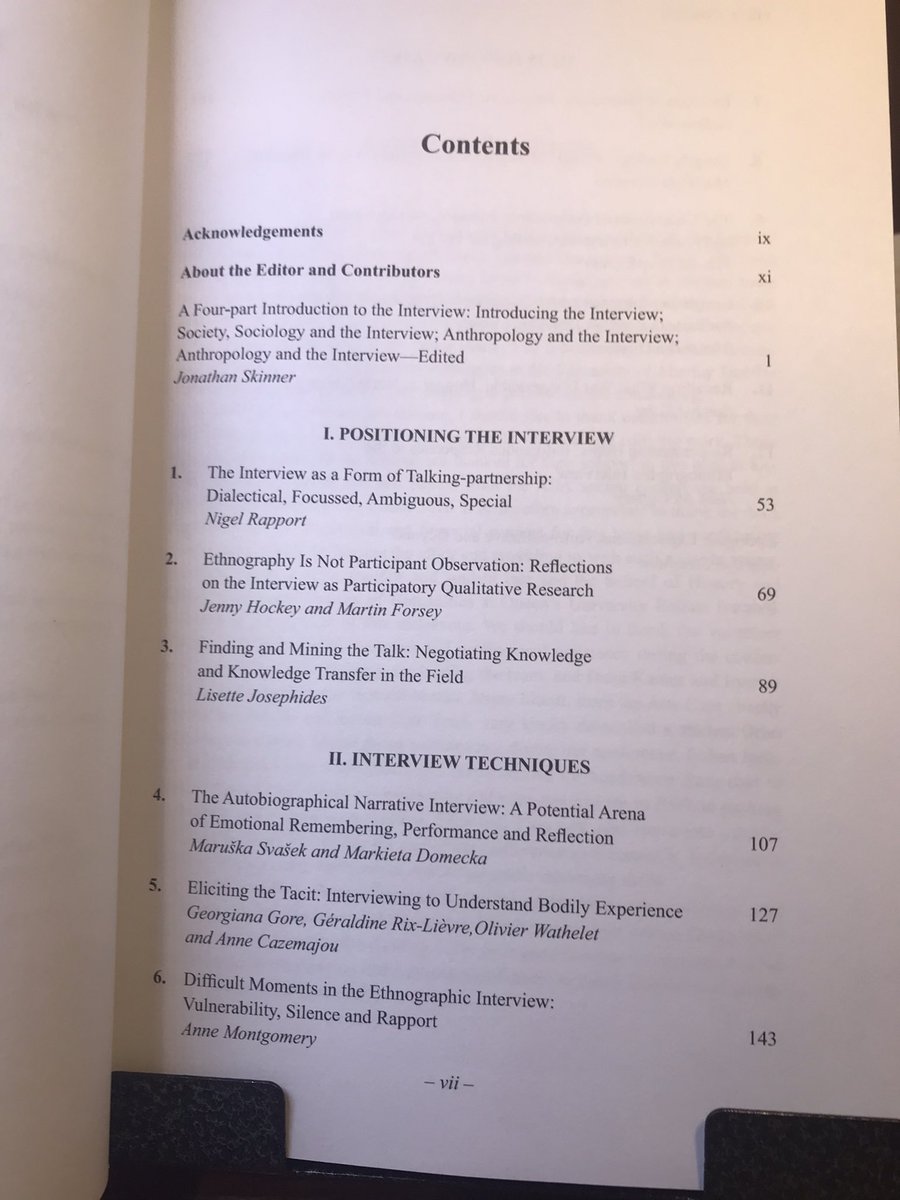
Agradezco a toda la gente que me ha seguido recientemente (seguramente por mi tuit sobre cambio climático en México). Mi trabajo en cambio climático intersecta dos líneas de mi trayectoria: gobernanza y política climática y el nexo agua-energía-clima.
Hay muchísimas cuentas sobre cambio climático en México merecedoras de más seguidores en Twitter, pero creo que le dejaré a mi colega el profe @I_Solorio que ofrezca algunas sugerencias, y les recomiendo dos de sus libros, disponibles en acceso libre:
https://twitter.com/I_Solorio/status/1466476858422218756
Mi capítulo en dicho libro está disponible #LibreParaDescargarYLeer aquí:
Pacheco-Vega, Raul (2021) "La gobernanza policéntrica de mitigación y adaptación al cambio climático en México en el contexto de la arquitectura global de política climática"
is.gd/8rj1qH
Pacheco-Vega, Raul (2021) "La gobernanza policéntrica de mitigación y adaptación al cambio climático en México en el contexto de la arquitectura global de política climática"
is.gd/8rj1qH
Estoy actualmente trabajando en un texto sobre gobernanza adaptativa en ciudades mexicanas para un dossier que la Dra. Carla Aceves, @carlaflip está organizando, y un texto sobre el nexo agua-energía-cambio climático en contextos urbanos para otro Dossier del profe @calm77
También tengo un borrador de libro coautorado completito sobre la evaluación de la política nacional de cambio climático en México, que necesita actualización (hicimos el proyecto en 2013-2015, y la oficina opera desde hace buen tiempo, hora de evaluar la oficina de evaluación!)
• • •
Missing some Tweet in this thread? You can try to
force a refresh








